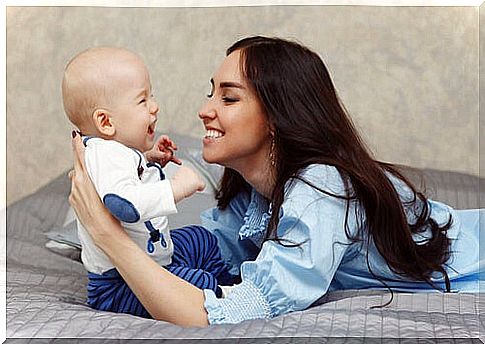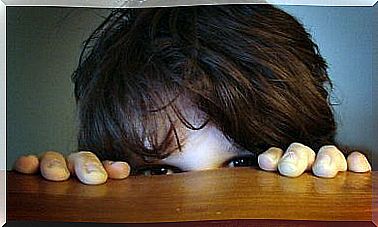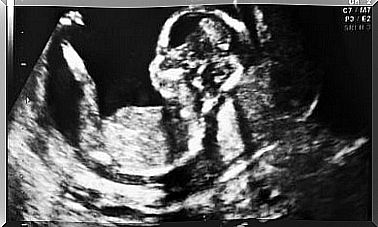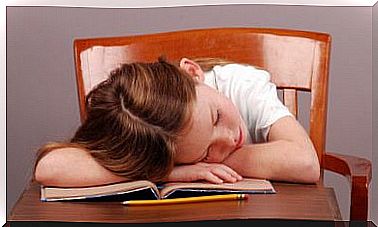Hearing Loss In Children: Causes, Detection And Consequences
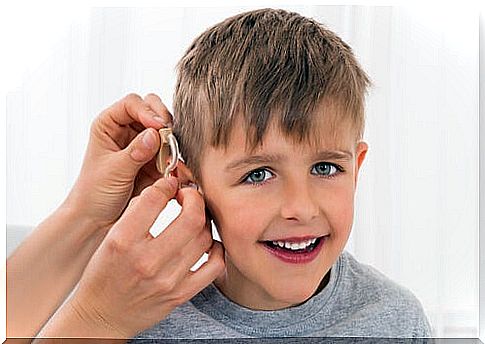
Hearing loss or hearing impairment in children is a problem that affects many children today. If you want to know more about what it is, how to detect it and the causes that can cause it, read on.When we talk about hearing loss we refer to that hearing loss that can affect, temporarily or permanently, one or both ears. Hearing loss in children can have long-term consequences that are best prevented.
Information is power, so here’s everything you need to know about childhood hearing loss.
Causes of hearing loss in children
Hearing loss in children, especially if they are in a stage prior to acquiring language, can be more complicated, since it greatly hinders the development of language in a child.
Even so, we can also speak of temporary hearing loss. This is due to a hearing loss but it will be limited to a certain time, being able to recover it totally or partially later. The causes that can cause temporary hearing loss in children are:
- Traumatism. Any blow to the head or hearing area can cause temporary hearing loss.
- Infections. Fever, colds, or any infection can lead to temporary loss. Normally, once the infection is over, hearing recovers without problem.
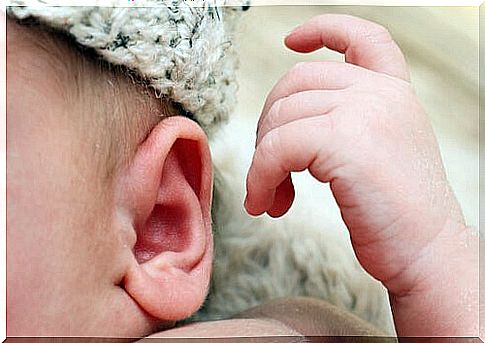
However, in cases of permanent hearing loss in children, other causes can be added to the above:
- Infections during pregnancy. It is dangerous for the pregnant mother to be exposed to infections, not only because of her own health but also because of the consequences of them on her baby.
- Malformations. If for any cause or reason a malformation occurs in the baby that directly affects his sense of hearing.
- Neurological damage. Some children do not suffer damage to the hearing system, but to the nerves responsible for hearing.
There are many more causes, but these are among the main causes of hearing impairment in children. Early detection and a good determination of the degree of hearing loss will be key to a correct intervention.
Early detection of hearing loss in children
The first months of life are decisive for the development of your baby. To detect it, it is important that you be aware of your little one’s reactions to the sounds that surround him.
Loud sounds that wake him up or calm him down to your voice are little signals to pay attention to. Throughout the first 5-6 months, your little one will look for where the sounds are coming from.
Although they seem obvious, listening to the signs can help you rule out the possibility of hearing problems. In case of suspicion that they exist, early detection will always be beneficial for your baby.
Here are some development markers that you can follow in the evolution of your child:
- Babbling at 6 months.
- Repetition or imitation of simple words at 15 months.
- Development of a simple language at 2 years.
- Simple phrases at 36 months.
They are basic markers. Not achieving these evolutionary milestones at the right time does not necessarily imply a problem, but it is necessary to be more alert. Most children have a temporal overlap in language development, but within a wide range.
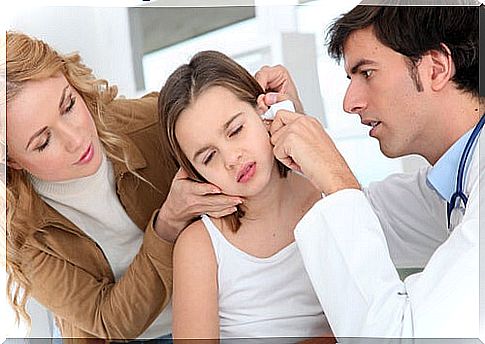
In school-age children, it is important for teachers to be attentive to their students. A high percentage of students with school failure are related to vision or hearing problems.
Consequences of hearing loss in children
Hearing loss in children, especially permanent hearing loss, can have complicated consequences on the social, school and emotional development of children.
Feeling different from the rest can lead to self-esteem problems or poor school performance.
Pay attention to the signals your child may send you. Family support is essential to help him grow with this characteristic, not contingent on it.
Good medical care and the use of the resources that society offers for this group right now will be the key. Children with hearing loss can enjoy a full, long and happy life.
